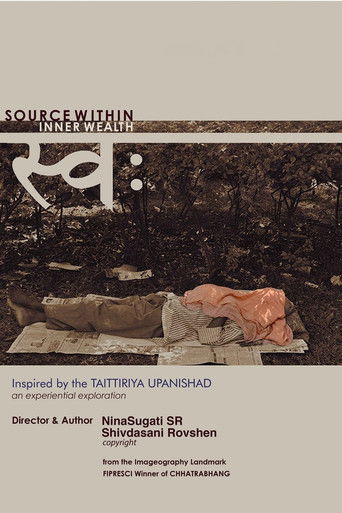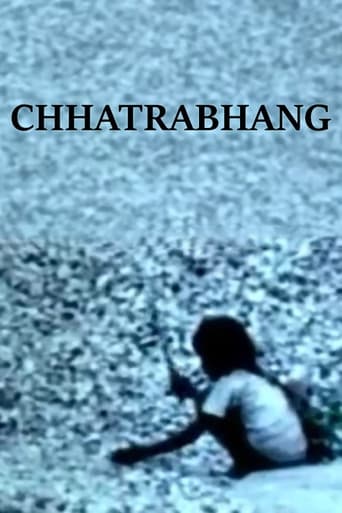
Nina Shivdasani Rovshen
Nina Sugati SR aka Nina Shivdasani Rovshen’s path intersected briefly with Akbar Padamsee’s VIEW in Bombay, but her political conscientisation took place in the USA, where she studied art in Pennsylvania (1966-1970) and film at Cal Arts (1971-1973). In the USA, she marched for peace in the anti-Vietnam War demonstrations and osmotically imbibed the anti-authoritarian spirit of the counterculture. While studying at Cal Arts, she was sensitised towards the lives of African American convicts and Native American people forced to live on reservations. These experiences inform her three exceptional experimental films, which have not been shown in the last four decades. Rovshen serendipitously encountered most of her characters on the streets or beaches of Los Angeles. Her cinematic approach has been one of positioning her protagonists in space and time such that their “subconscious reveals the truth”. This comes through in Breaking Ground (1972), where the African American girl Crystal Armstrong’s narration of her primal fears, the fear of mice creeping all over her room overlaid with the fear of becoming a victim of cannibalism, exposes the conditioning of colonial myths by which pejorative narratives of fear and hate were widely circulated. In the film, I would read it as a foil for a more real fear: that of being lynched. We realise that the only true cannibal is the vicious predatory white colonialist: the genocidal land-grabber and slave-owner. Rovshen’s solidarity with the marginalised informs the persona of the bum who believes in democratic learning (A World of All Intelligence, 1973) or the inmates of the Halfway House, whose insane ramblings or paranoia expose both historical and everyday violence (Hope No One’s Listening, 1973).
- 인기 : 0.001
- 알려진 : Directing
- 생신 :
- 출생지 :



